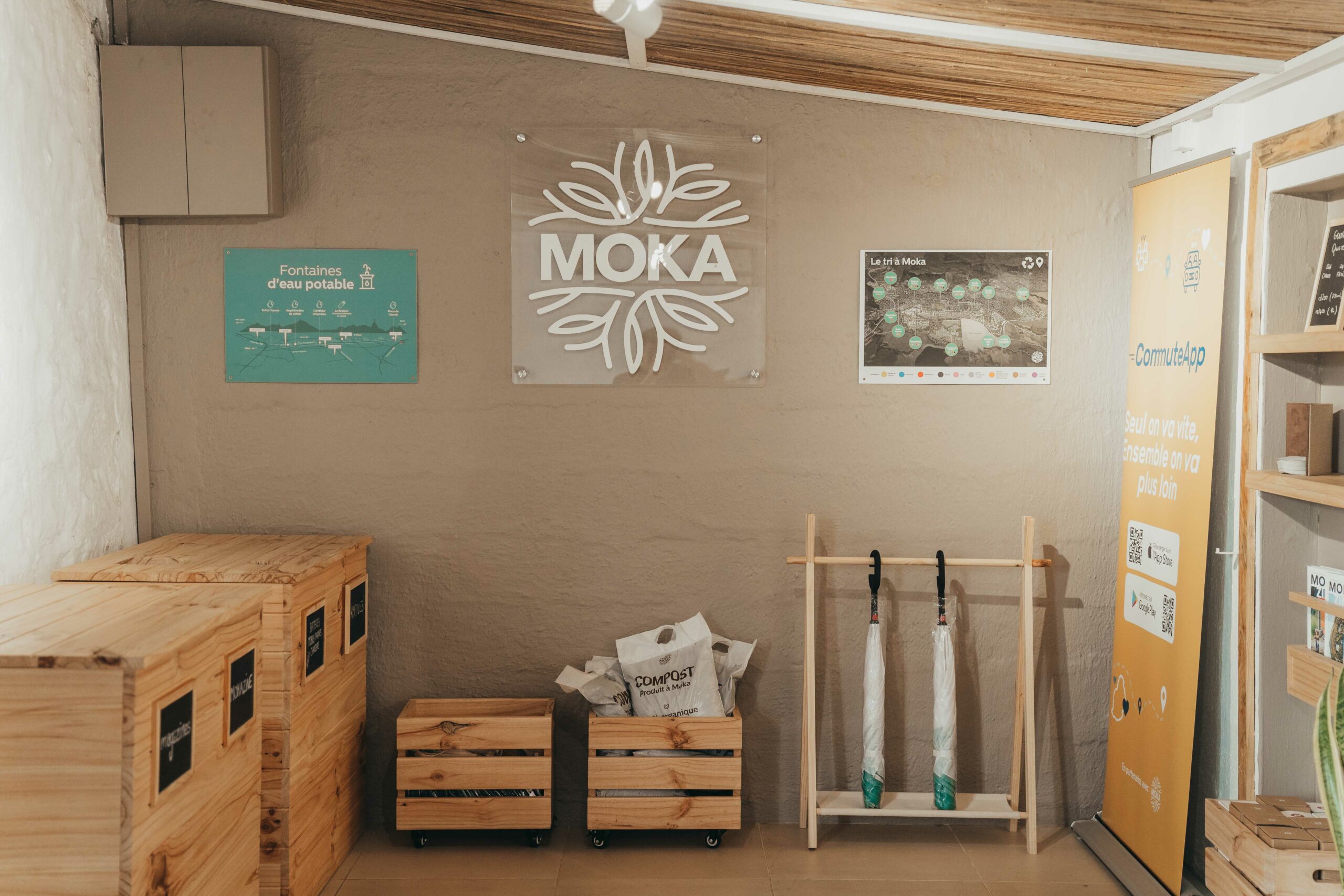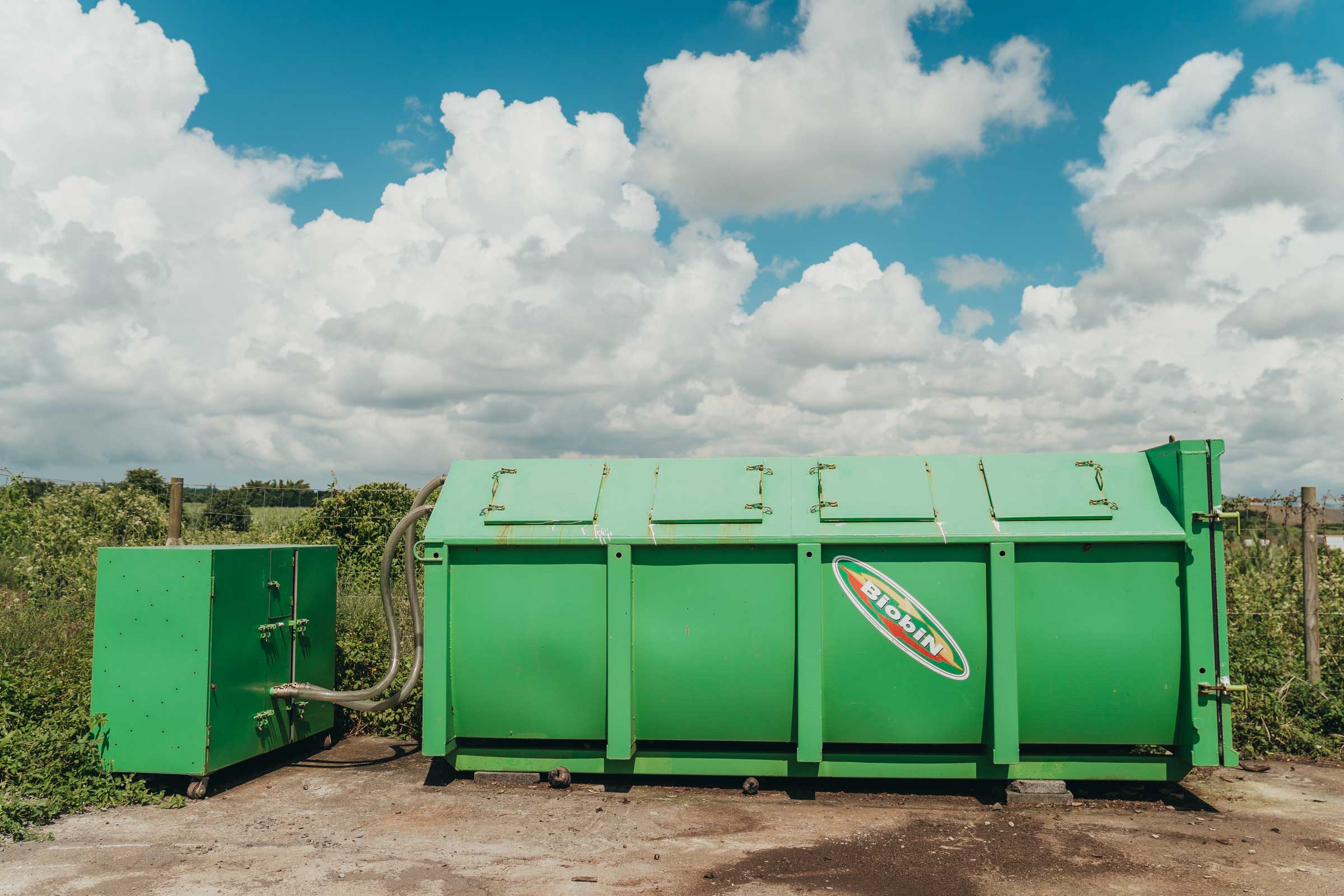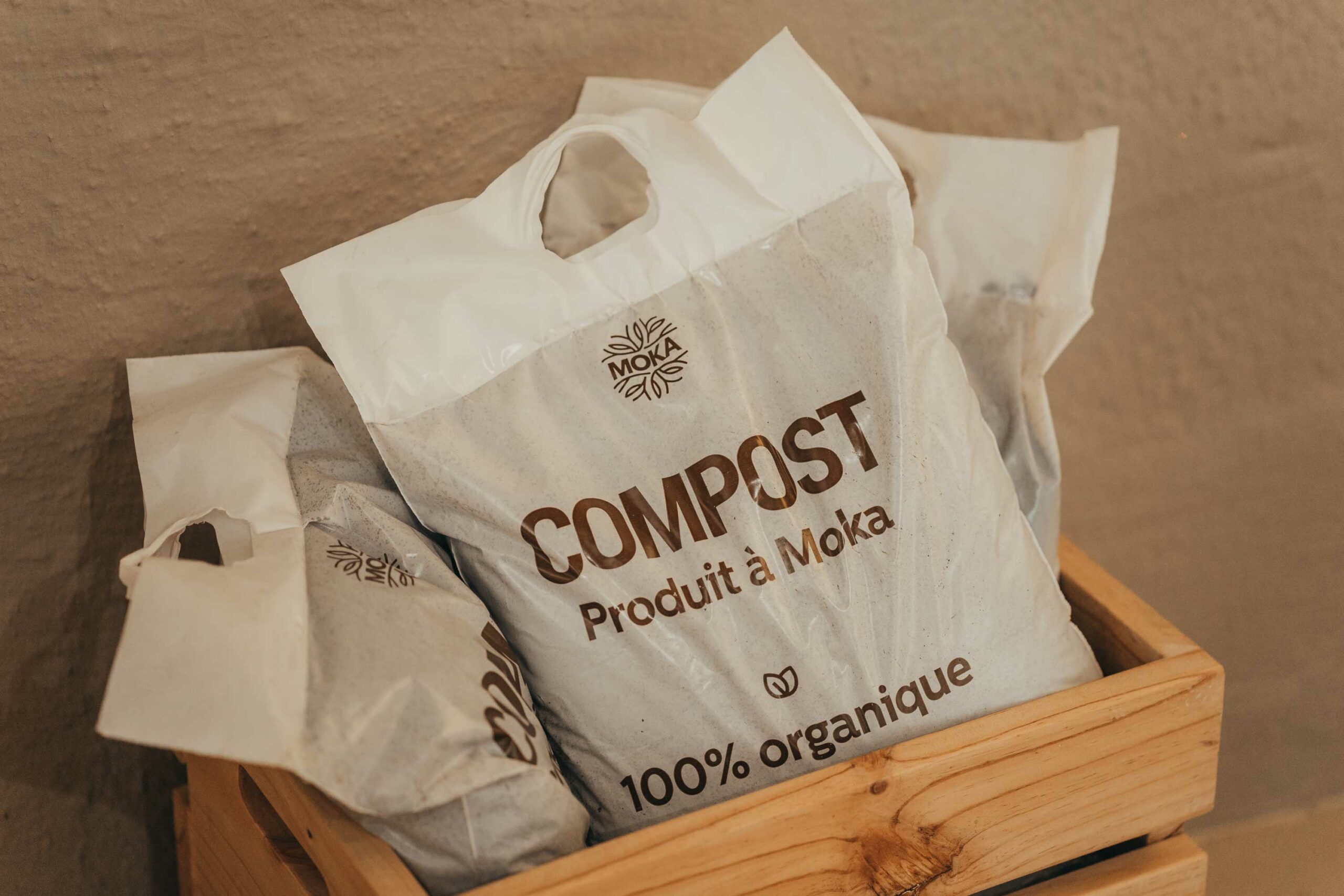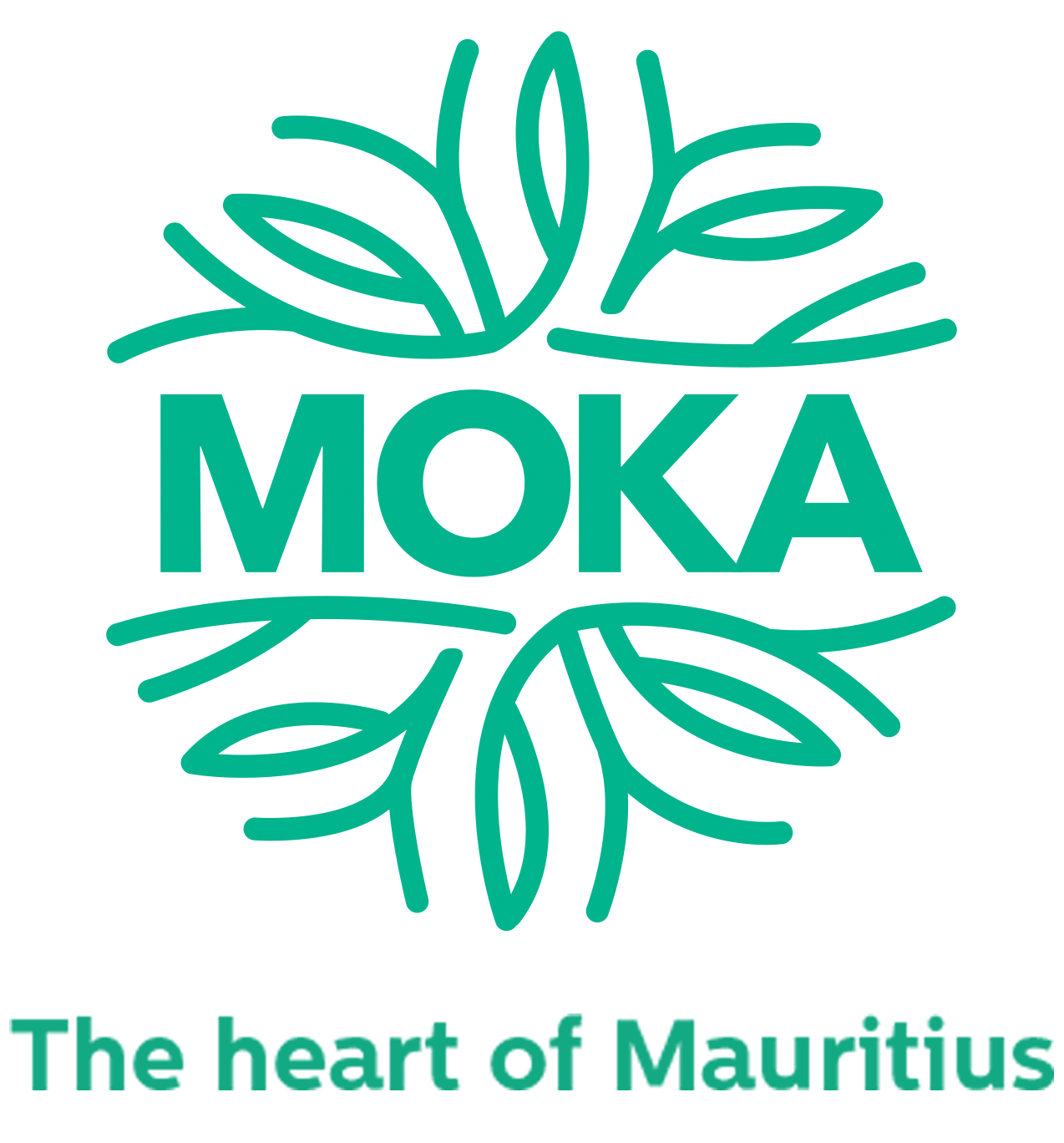Moka Smart City is above all an integrated city that is advancing on four development pillars, including sustainable urban development. Find out about the circular economy, one of the six axes of sustainable urban development, through the production of a compost made entirely from the city’s green waste.
“Circular economy and waste management are two of our six axes of sustainable urban planning, with a common denominator: the city’s organic waste. Composting enables us to both reduce the amount of waste sent to landfill and produce compost to nourish our soil,” says Moka Smart City‘s Sustainability Coordinator, Anielle Carver.
What is circular economy?
Circular economy promotes more responsible forms of development and consumption patterns. This virtuous economic model takes account of economic, environmental and social issues to enable a type of development that is mindful of the planet and its people. Although this concept may seem rather abstract, it is embedded in a number of concrete principles, such as:
- sourcing that factors in the environmental and social impact of the resources used, often promoting short supply chains and a reduced carbon footprint;
- the service-life extension of objects (by using, repairing or reselling them), which is the mantra of The Good Shop, the flagship brand in Mauritius’ second-hand market; and

Waste management!
Just like recycling and the anti-waste movement, which raises awareness of the dangers of overconsumption, maximum compostable waste generation is a fundamental aspect of the circular economy. How do you turn organic waste into wealth? Moka Smart City has done so by producing its own compost, which is now on sale at the ReStore’s Moka Corner.
The city’s green waste and food waste from 5 local restaurants have been used to produce a total of 5,887.85kg of compost through a short supply chain. The city’s 2 compost bins have also been put to good use for 6 months to obtain this natural fertiliser 100% made in Moka!


How does it work?
Through the biochemical decomposition process of the BiobiN. These anaerobic compost bins (which enhance biodegradation without oxygen) feature a unique ventilation system that speeds up composting while reducing odours and the proliferation of bad bacteria.
So, Moka is on the move. With 2 or 3 weekly collections from participants, other restaurants in the area are invited to join this virtuous circle. Just contact us!
And if you are an individual who likes the idea of responsible composting through short supply chains, visit the ReStore from Monday to Saturday between 9am and 5pm!

Leave a Reply